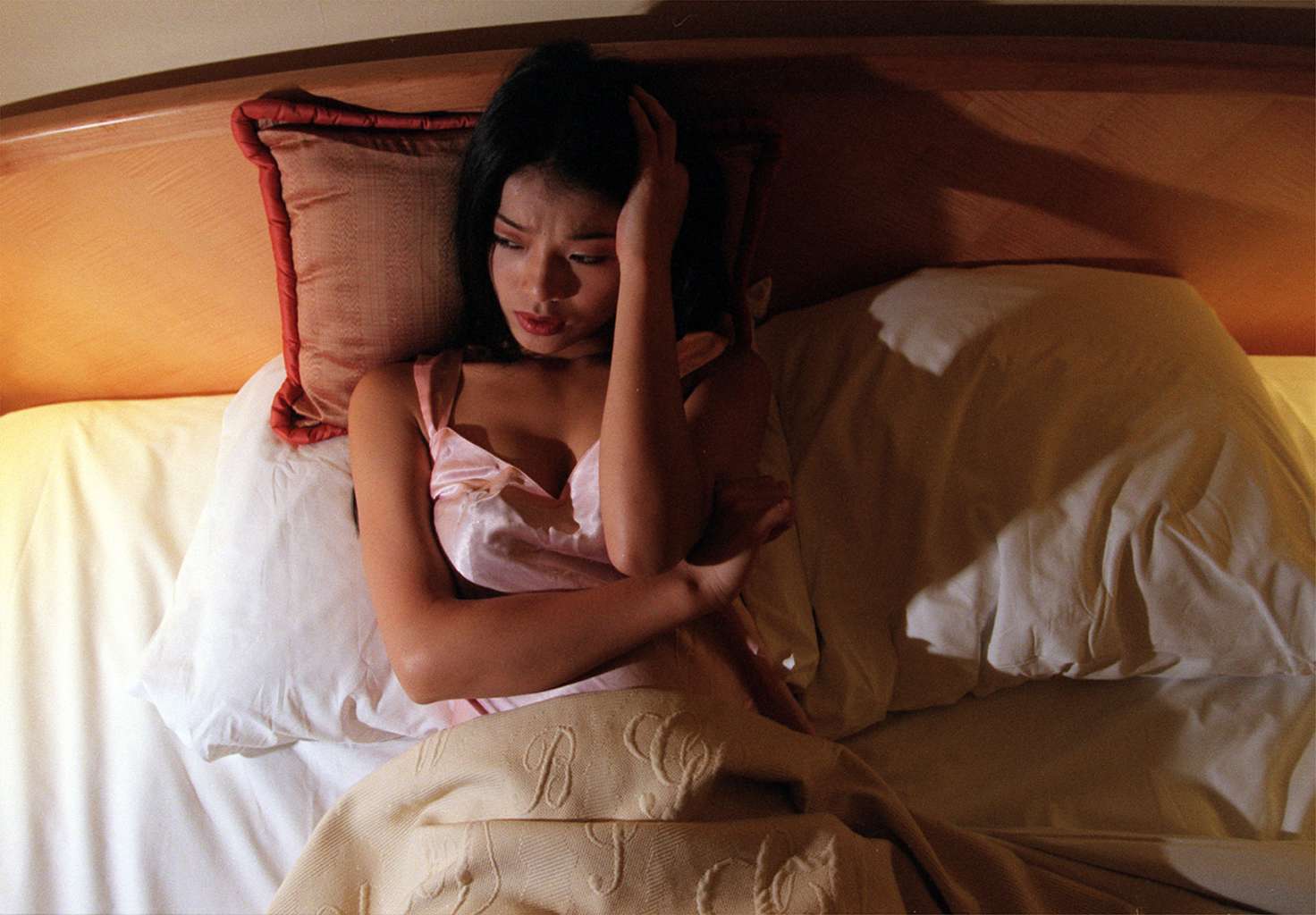5 things to know about sleep apnoea
Sign up now: Get ST's newsletters delivered to your inbox

If untreated, sleep apnoea can lead to a higher risk of high blood pressure, heart attack, stroke and obesity.
PHOTO: ST FILE
SINGAPORE - According to a study conducted by Jurong Health Services, one in three Singaporeans suffers from moderate to severe sleep apnoea , and one in 10 is afflicted with severe sleep apnoea.
Here are five things you should know about sleep apnoea .
1. What is sleep apnoea ?
- Apnoea translates as "want of breath", in Greek.
- The sleep disorder is characterised by a period of stopped breathing for 10 seconds or more. This is followed by loud snoring, in the case of obstructive sleep apnoea .
- These episodes occur between 30 and 300 times a night.
2. What are the consequences of sleep apnoea ?
- Due to periods of stopped breathing, sleepers are not well-rested, alternating between deep sleep and light sleep cycles more frequently. Hence, sleepers are easily fatigued and may doze off multiple times in the middle of the day.
- Untreated, sleep apnoea can lead to a higher risk of high blood pressure, heart attack, stroke and obesity.
- There is an increased likelihood of heart failure as well.
3. How do you know if you have sleep apnoea ?
- Sleep apnoea often goes undiagnosed, as the sleeper is unaware of his sleeping patterns at night.
- Friends and family members may notice signs of sleep apnoea .
- For obstructive sleep apnoea , loud snoring is usually observed.
- Other signs include morning headaches, poor concentration, and a dry mouth or sore throat after sleeping.
4. Can sleep apnoea be treated?
- Mild sleep apnoea can be treated with a mouthpiece, to be worn while sleeping. By separating the lower jaw and tongue, the mouthpiece keeps the airway open, to facilitate easy passage of air.
- To treat moderate to severe sleep apnoea , a continuous positive airway pressure (CPAP) device is used. Intended to be fitted over the nose, the CPAP diffuses air into the throat. Due to the pressure of the incoming air, the airway remains open.
- Surgery is an alternative way of treating sleep apnoea . There are three types of surgery: shrinking excess tissue, stiffening excess tissue and removing the tonsils. They all involve reducing blockage of the airway.
5. Do sufferers need to make any lifestyle changes?
- Sufferers of mild sleep apnoea can significantly improve their condition by changing their eating and sleeping habits.
- Use special pillows to improve sleep posture. Sleeping on your side keeps the throat open, as opposed to sleeping on your back.
- Use nasal sprays to ensure nasal passages stay open.
Sources: MedicineNet.com, National Heart, Lung, and Blood Institute, Sleep Apnoea Guide


